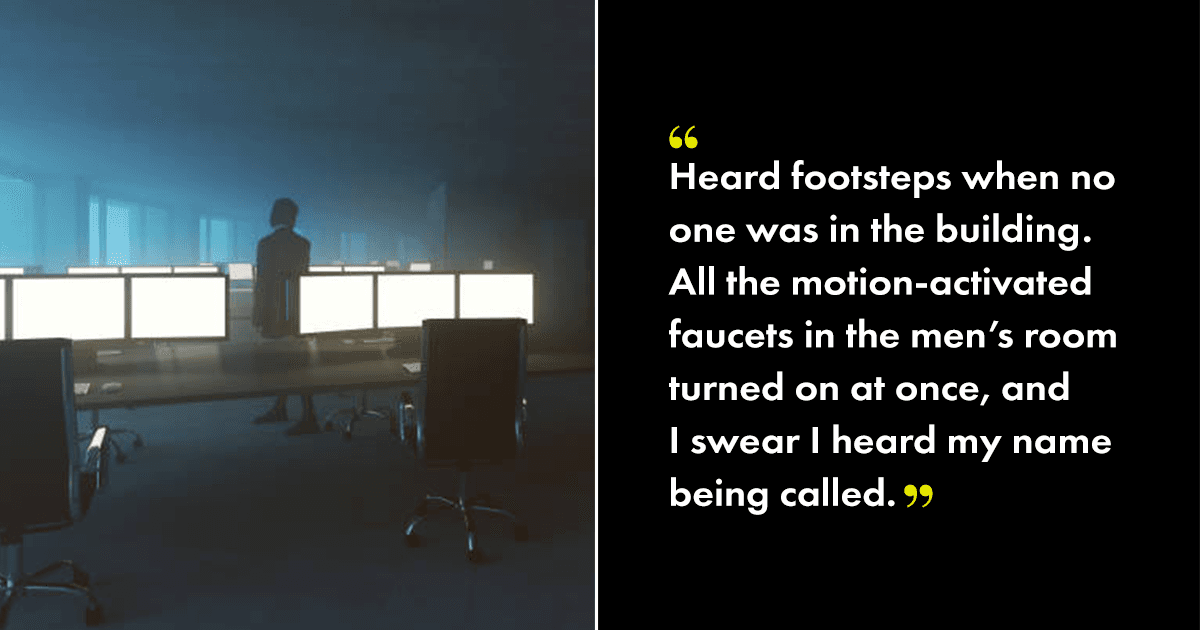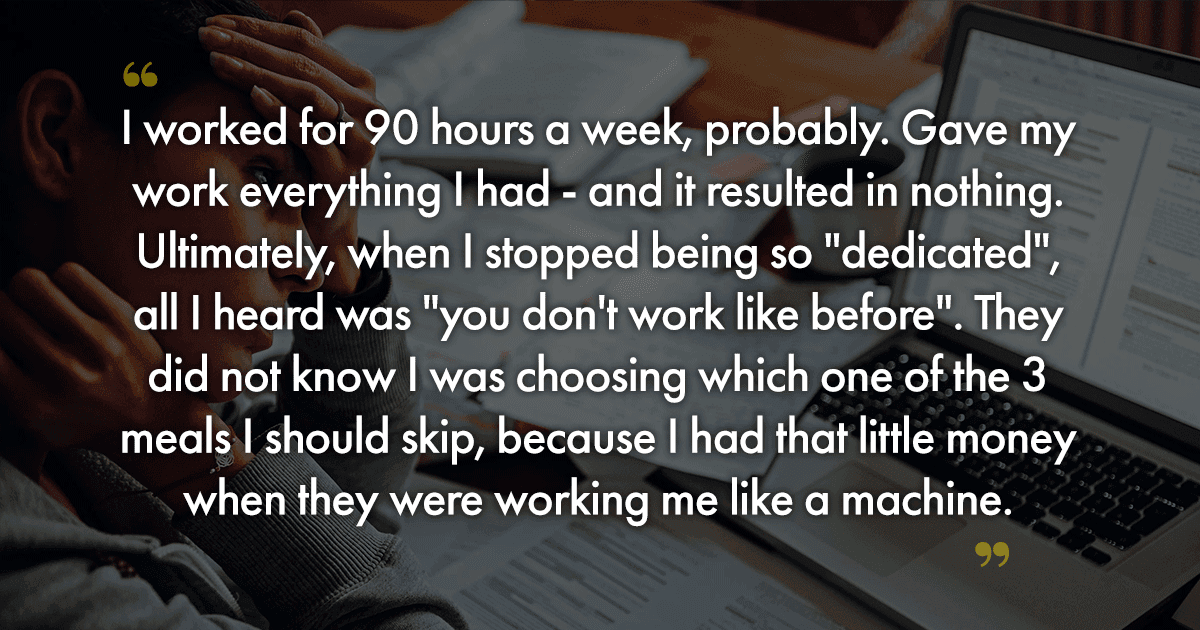The term ‘neurodivergent’ is used to describe people whose minds function differently to neurotypical people. Some people who are neurodivergent may have medical and mental health conditions, while others may not have a diagnosed condition at all. But we rarely consider how being neurodivergent impacts a person in a professional setting.
Because, as is the case with most systems and institutions; people are expected to conform in order to belong and exist in society. And if you’re different in any way, it gets harder to ‘fit in.’ Fortunately, the world is catching up and realising not everyone needs to fit in, and everyone has different strengths that matter.
So, this Reddit thread where people have shared how they navigate in professional settings or workspaces, as a neurodivergent person is not just an interesting read, but maybe a greatly helpful one too. But first, before we dive into the answers people have shared, we’d like to thank The Established for inspiring us to pursue this story, and for publishing a wonderful story about a similar topic.
1. “I job hopped and did a lot of contracted work since that was always remote and I picked who I got to work with, 100% of my clients are neurospicy. I work with authors as a PA and love it. Currently building my client base.”
2. “I picked a job where I’m basically a 1099 and do however much work I want. It’s basically like running a small business. I can work as much or as little as needed. Commission-based, so as long as I’m efficient and close, I can stop when I hit my ‘goal.’
Edit: I could never do 9-5. I quit after 4 hours because of the high social demands and implicit rules. I’ll likely always work for myself, to hell with legit employment.”
3. “I’m really good at my job, so I’m appreciated at work and people like me. I also smoke weed. I have a medical card because I have Tourettes, but it also makes me a more mellow and relaxed person.
– Shides11
4. “A few things: I always try to pick a job that will have enough variation at least in a weekly sense. I did this unintentionally at first but realized how much it kept me from being so bored that I completely checked out of my jobs. Pre-pandemic, it looked like jobs that had me attend in-person events every now and then, required me to talk to different teams (I do marketing), and had enough variety of day-to-day tasks. My current job involves paying attention to the news so (for better or worse) I have to be on my toes to respond to certain events, I travel at least quarterly to meet up with my team since we’re fully remote, and I just overall really enjoy the topic of the work itself. Besides that, I’m one of those NDs who actually can and do use a planner regularly. I’m forgetful and just writing down things on my phone isn’t sustainable for my memory, so I need to write things down.”
5. “I’ve made a habit of doing my own administrative life tasks while I’m at work. Paying bills, answering emails, making doctor appointments, even calling friends or answering texts from family members. Tbh anything I can do from my phone, I’ll do it while I’m at work. It makes it so that I have way more time to rest while I’m at home.”
6. “I bullet journal and do a lot of different things to keep me entertained/on my toes.”
7. “I used to work in retail. Getting an office job with a fixed schedule and the ability to work remote has helped me a lot. For reference, I work in banking and the majority of my communication with coworkers and clients is via email. I don’t have to worry about sales and I only ever work M-F 8-5 (with 1 hr breaks each shift). Just having a fixed schedule honestly takes away so much stress.”
– madamspam333·
8. “Self-employed. I found a career that’s fun, creative, and has very clear, short deadlines for each small project. If I had to leave this business, I’d start up another business of my own, doing work that is fun & that I love. NDs (Neurodivergents) struggle to do things they don’t like, and when I was doing that, I ended up with major health issues.”
9. “I found a job at a thrift store warehouse where I listen to music/podcasts all day and sort through bins of random electronics and books. It’s heaven for my brain.”
10 “Workplace accommodations. This will obviously depend on where you work and the work you do, but now that I’m allowed to work my 40-hour/week job in a dark, quiet, cosy office of my own, it’s much more manageable. Plus therapy and lots of support from my parents. I was dealing with health issues (constantly exhausted, sick all the time) but now that I have more control over my sensory environment it’s gotten a lot easier.”
11. “I found a job where I was able to automate a good part of my tasks. Then I learned everything, so I knew more than people 3 or 4 levels above me. They just kind of realised I knew what I was doing and despite the fact I was weird they just let me get on with it.”
12. “I take medication. I work in a career field that I have a special interest in. And I only work 3 days a week. Admittedly, they are 12-hour shifts. But I kind of like that. On my work days I basically do nothing but go to work.”
13. “I have a boring office job. I’m on Reddit for half the day. It’s the most low-stress job I’ve ever had, even though I still deal with people. I love coming home with some power left in my emotional battery.”
Though we’re glad that so many neurodivergent people have found ways to exist in certain workplaces, we all know that more is needed. We need workplaces to build better systems to accommodate and include neurodivergent people.

















